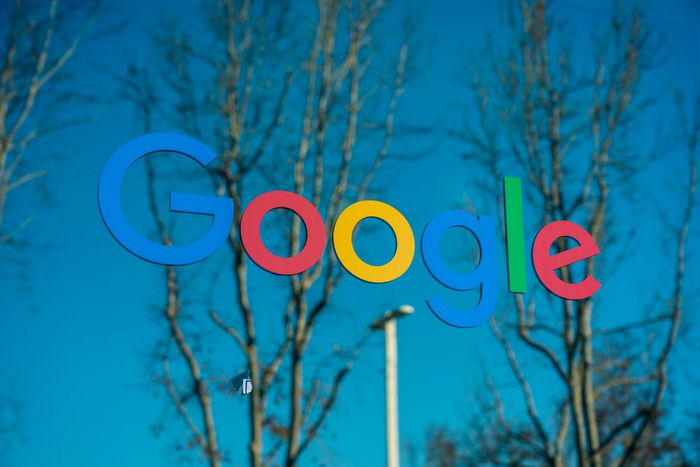
It’s been more than two decades since the Justice Department sought to upend a tech giant’s business model in the name of promoting competition. Back in 1997, the DOJ accused Microsoft of (among other things) using its dominance of the PC market to entrench an advantage in the web-browser business: The fact that every Windows computer came with Internet Explorer already installed inhibited competition from other, potentially superior browsers, the DOJ argued. After a years-long legal battle, the U.S. government won that case. In doing so, it helped clear the way for the ascent of a new generation of Silicon Valley titans, which a constrained Microsoft proved incapable of outcompeting. One major beneficiary was Google, which was born one year after the suit against Microsoft was filed and whose Chrome browser surpassed Internet Explorer in 2012.
But with great market power comes belated regulatory scrutiny. And on Tuesday, the DOJ filed a lawsuit against Google accusing it of engaging in anticompetitive practices similar to those of Microsoft. The case is the most ambitious antitrust case against a tech company this millennium, and it could have dramatic implications for other Silicon Valley incumbents and upstarts.
The suit takes aim at a variety of business deals and partnerships that Google has used to fortify its grip on 80 percent of search queries in the United States. Specifically, the DOJ argues that the company takes the windfall profits that it reaps from its dominance of search advertising and invests them in paying mobile-phone manufacturers, carriers, and web browsers to make Google their preset search engine — which only increases Google’s search dominance and thus its ability to further lock out competitors through similar business arrangements. The suit also takes issue with Google’s practice of making its search app undeletable on its own Android operating system. Taken together, the government argues that these deals erect insurmountable barriers to competing search engines, leaving Google with the power to dictate terms to advertisers and consumers.
“Countless advertisers must pay a toll to Google’s search advertising and general search text advertising monopolies,” the DOJ argues in its complaint. “American consumers are forced to accept Google’s policies, privacy practices, and use of personal data; and new companies with innovative business models cannot emerge from Google’s long shadow.”
On Tuesday, Google countered that “people use Google because they choose to — not because they’re forced to or because they can’t find alternatives.” (To be fair, it isn’t not annoying when a browser’s preset search engine is Yahoo or Bing, in this blogger’s experience).
Eleven state attorneys general are expected to sign on to the case. Most of the AGs who haven’t joined the federal lawsuit are pursuing their own investigations of Google’s practices.
The Google suit may prove to be the opening salvo in a war between Washington and Silicon Valley. The Federal Trade Commission has been probing Facebook’s operations for more than a year, and its investigation may conclude with litigation against the social-media behemoth. Apple and Amazon, meanwhile, were called before Congress last summer to answer for their own allegedly anticompetitive behavior.
All this said, if Google prevails in court, the DOJ’s defeat could discourage further incursions into other tech platforms’ market fiefdoms. Much may depend on whether Donald Trump’s judicial appointees feel greater fealty to big business or to the conservative movement’s burgeoning skepticism of an increasingly powerful and socially liberal industry.






























